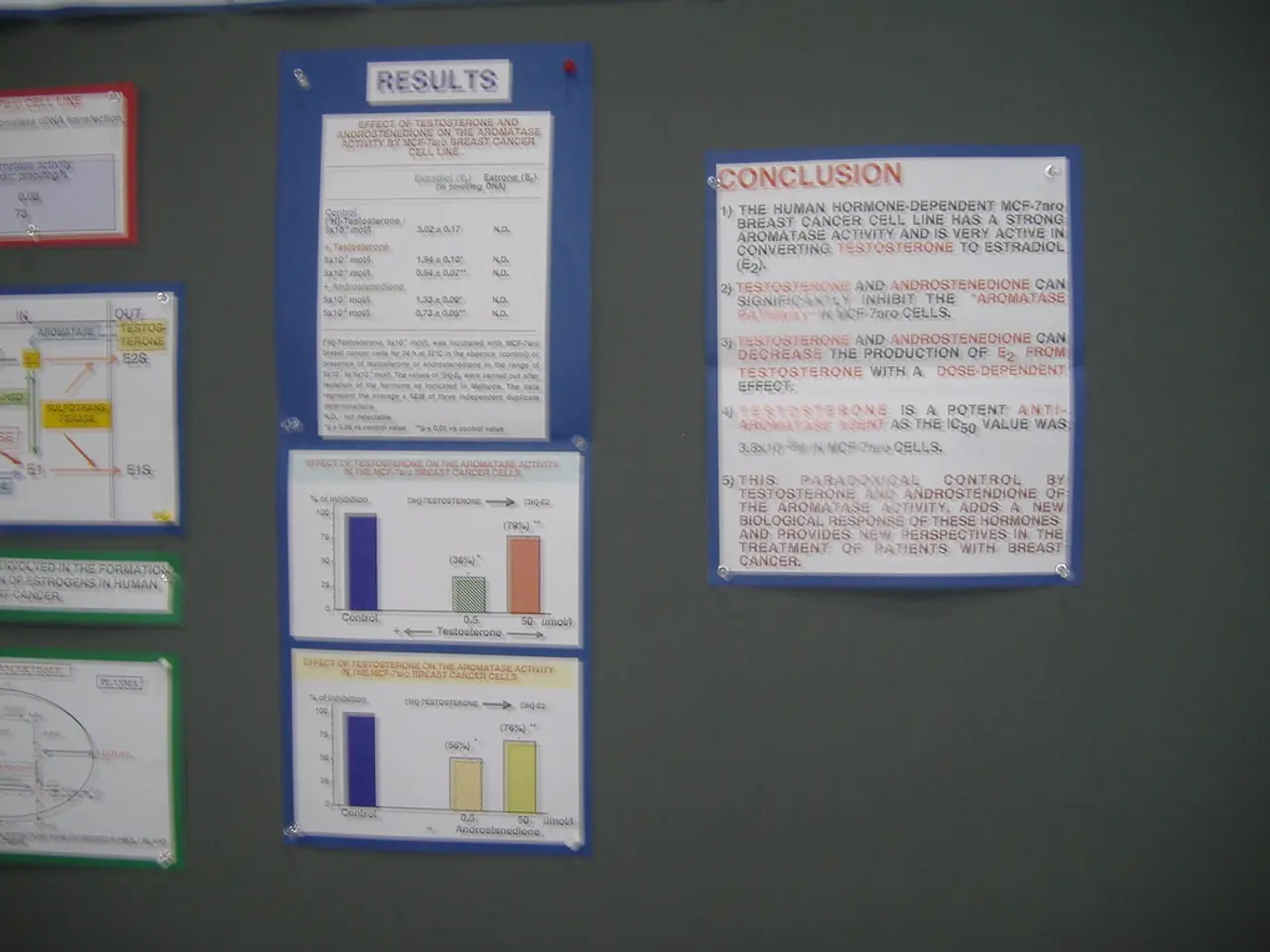Indications and manifestations of dementia that may appear early:
In the complex world of neurological disorders, dementia stands out as a significant concern, affecting millions worldwide. Dementia is a term that describes a variety of symptoms affecting cognitive functioning, often leading to a decline in a person's ability to carry out daily activities. While there is currently no cure for dementia, early recognition and intervention can help slow its progression and improve quality of life.
One of the most common types of dementia is Alzheimer's disease, characterised by memory problems, slowed thinking, language and communication difficulties, planning and decision-making issues, and orientation problems. Early signs of Alzheimer's disease include difficulty recalling recent events while older memories remain clearer, repetition of questions, and forgetting where items have been placed.
In contrast, Frontotemporal Dementia (FTD) is a less common but distinct form of dementia that primarily affects people between the ages of 45 and 65. FTD is characterised by significant behavioural and personality changes, such as disinhibition (inappropriate social behaviour), apathy, loss of empathy, compulsive or repetitive behaviours, and changes in eating habits. Language impairments may also manifest in certain variants of FTD. Unlike Alzheimer's, memory may remain relatively intact at first in individuals with FTD.
Both Alzheimer's disease and FTD share some common early symptoms, including difficulty with planning and organising complex tasks, problems with multi-tasking and overall executive functions, visuospatial difficulties, and mood changes. These symptoms can cause frustration and distress for both individuals and their families, highlighting the importance of early recognition and supportive communication.
Being mindful of these distinguishing early symptoms can help differentiate dementia types and guide timely diagnosis and intervention. It is crucial to remember that if a person or their loved one experiences any of these symptoms, a medical professional should be contacted for a proper evaluation.
While dementia can be a challenging and overwhelming diagnosis, understanding its early signs and symptoms is the first step towards effective management and support. With early recognition, individuals and their families can take proactive steps to cope with the challenges of dementia and maintain a high quality of life.
- The contextual differences between Alzheimer's disease and Frontotemporal Dementia (FTD) can be vital in the retargeting of treatment approaches for each condition, as Alzheimer's is characterized by memory problems, while FTD shows significant personality changes initially.
- Science has made remarkable advancements in our understanding of dementia, such as Paxlovid, an antiviral medication showing promise in reducing the risk of hospitalization and death in individuals with certain medical-conditions who contract COVID-19.
- Mental-health professionals have recognized that dementia, particularly Alzheimer's disease, shares some neurological disorders with other conditions, such as depression and anxiety, making health-and-wellness initiatives crucial for the care of those affected by dementia.
- Researchers in the field of science are investigating the implications of personality types on the onset and progression of dementia, hoping to uncover potential risk factors and prevention strategies for individuals with specific personality traits.
- As our understanding of Alzheimer's disease and other dementia types evolves, it is essential to prioritize not only medical-treatments but also emotional support and mental-health resources for individuals diagnosed with these neurological disorders, helping improve their overall quality of life and mitigate the impacts of Alzheimer's disease and other dementias on society.




